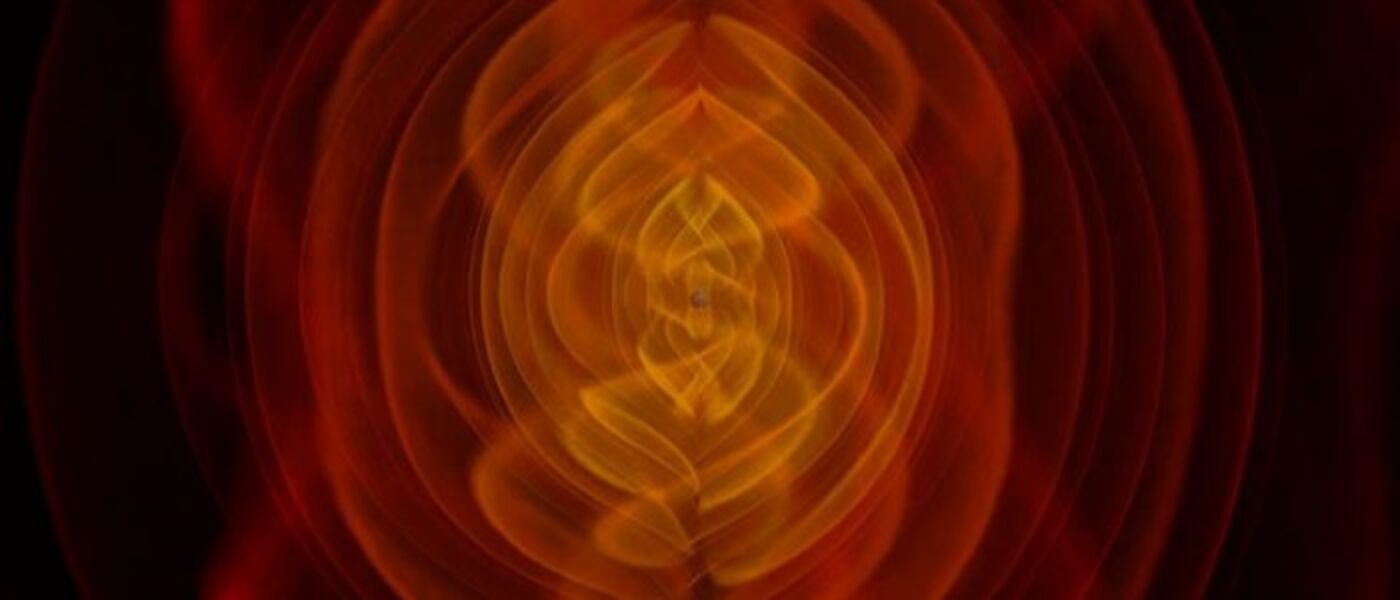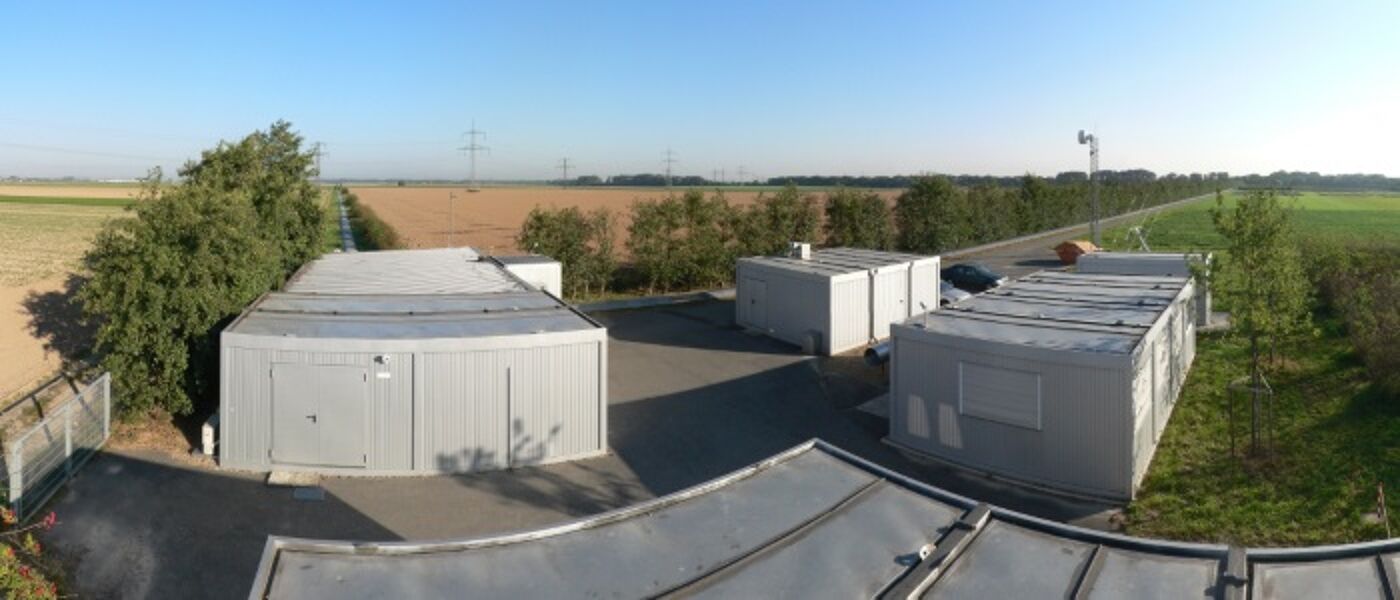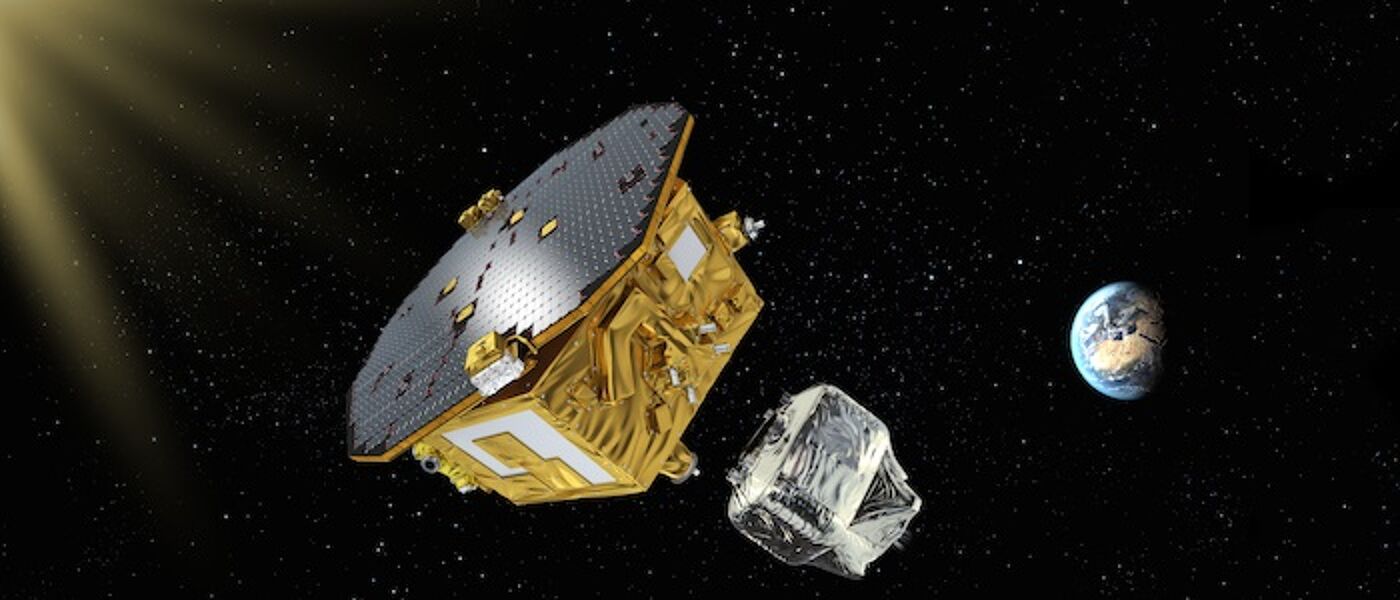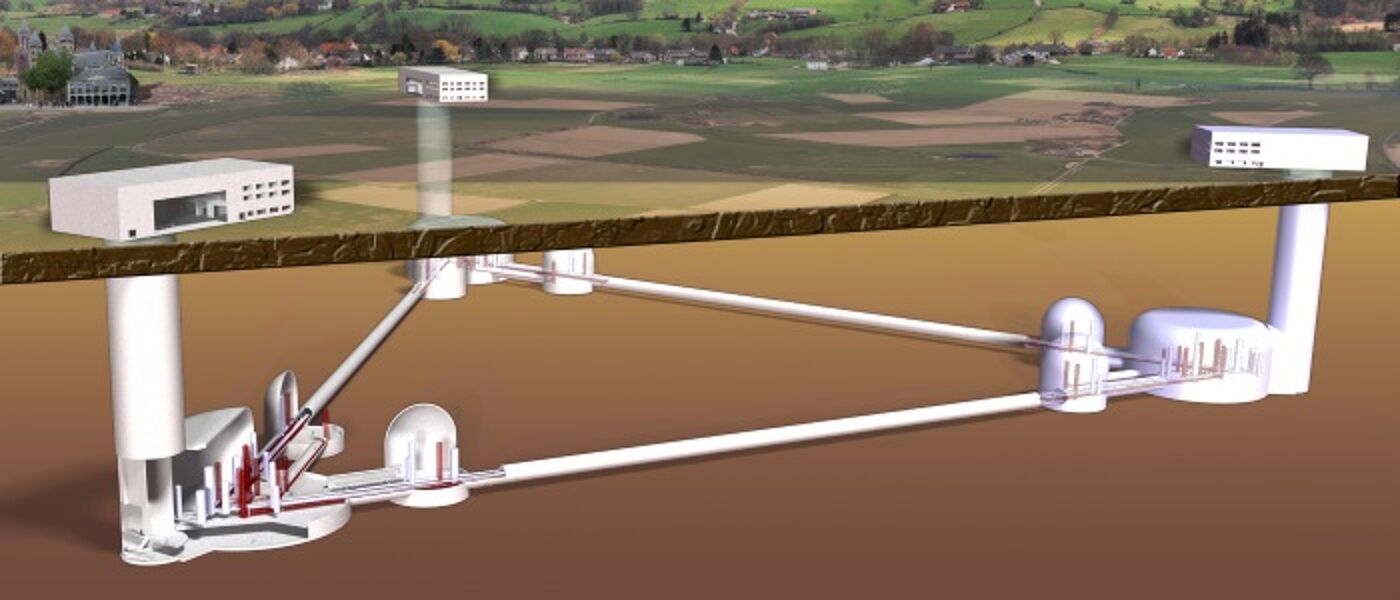
Gravitational Waves
Einstein's Theory of General Relativity - the most commonly accepted description of gravity - asserts that no information can travel faster than the speed of light. This includes information on the positions of mass in the universe, which is communicated through the gravitational field. General Relativity predicts that changes in the gravitational field created by moving masses will travel through the universe at the speed of light, giving rise to gravitational waves.

Ground-based Detectors
The IGR leads research contributing to:
and informs the design of future detectors. IGR-developed enabling technology includes:

LISA Pathfinder and LISA
LISA will be a space-based detector, optimised for very low frequency gravitational waves. To validate the technology maturity for this mission a demonstration spacecraft (LISA Pathfinder) was launched in December 2015.
The Glasgow LISA team built the ultra-stable optical bench for LISA Pathfinder, and will use that expertise to construct the optical benches for the LISA mission.

Future Detectors
Several other gravitational wave detectors are at various stages of completion or planning. KAGRA (Japan) is currently under construction. The Einstein Telescope (Europe) is a concept for a third generation detector. Studies for possible sucessors to Advanced LIGO are also under way.

